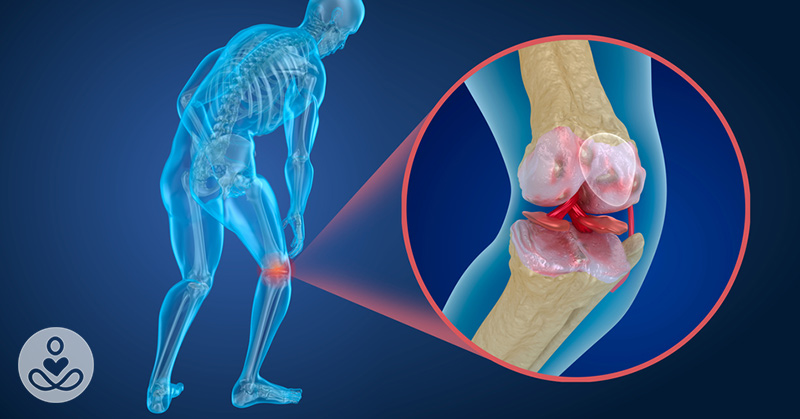Osteoarthritis is a painful joint disorder and is actually the most common joint disorder in the United States. Of those 60 years old or older 10% of men and 13% of women have knee osteoarthritis[1] and that is just one joint, there are many more that have osteoarthritis in the hips, shoulders, and other joints. Osteoarthritis is a widespread problem and it is often caused by the loss of the cartilage within the joint.[2] The trigger of osteoarthritis is unknown but often it starts with tissue damage, like a mechanical issue or increased inflammation in the body. It has been shown that an anti-inflammatory diet has been effective at managing the symptoms of osteoarthritis but does not necessarily rebuild the cartilage.
When we lose the cartilage within the joint it is not gone forever, we can rebuild the cartilage, however, since there is no blood supply to the cartilage it is not as quick of a process as healing a strained muscle. In order to rebuild cartilage there are certain nutrients that can be used to trigger the rebuilding process.
Foods to Help Rebuild Cartilage:
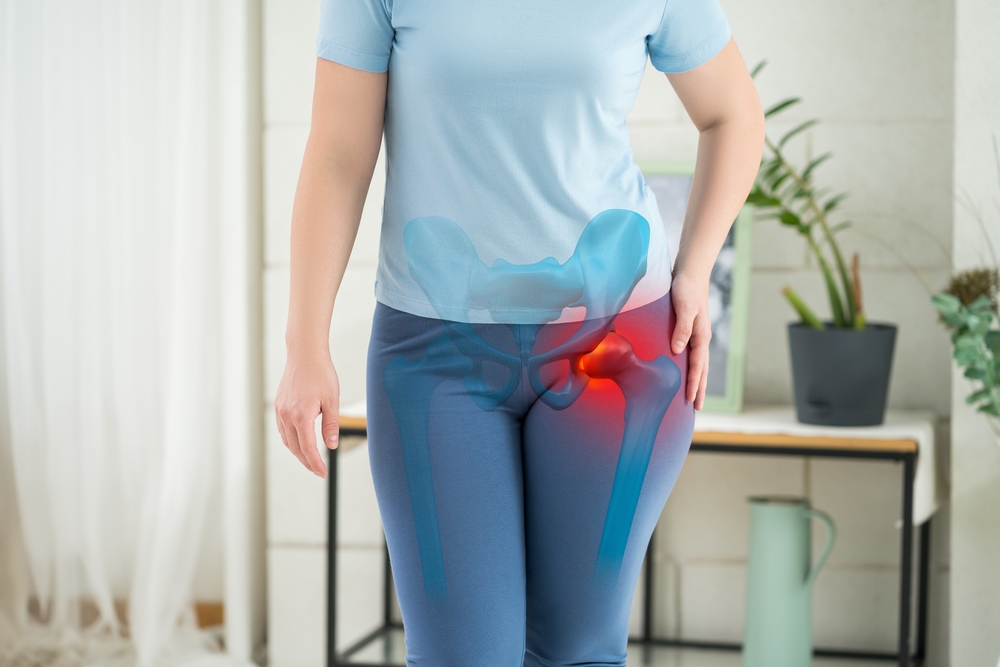
The following foods contain certain nutrients that can help trigger the cartilage-rebuilding process, making our joints feel better and healthier. Even if we do not have osteoarthritis having these foods in our diet is important to help our joints continue to be strong and healthy! As mentioned an anti-inflammatory diet can be useful in managing symptoms and having a diet that is anti-inflammatory is also vital while working to rebuild cartilage so we are not taking one step forward and two back throughout the process.
Read More: How To Help Naturally Reverse Gout And Relieve Joint Pain
Sulphur Containing Foods:
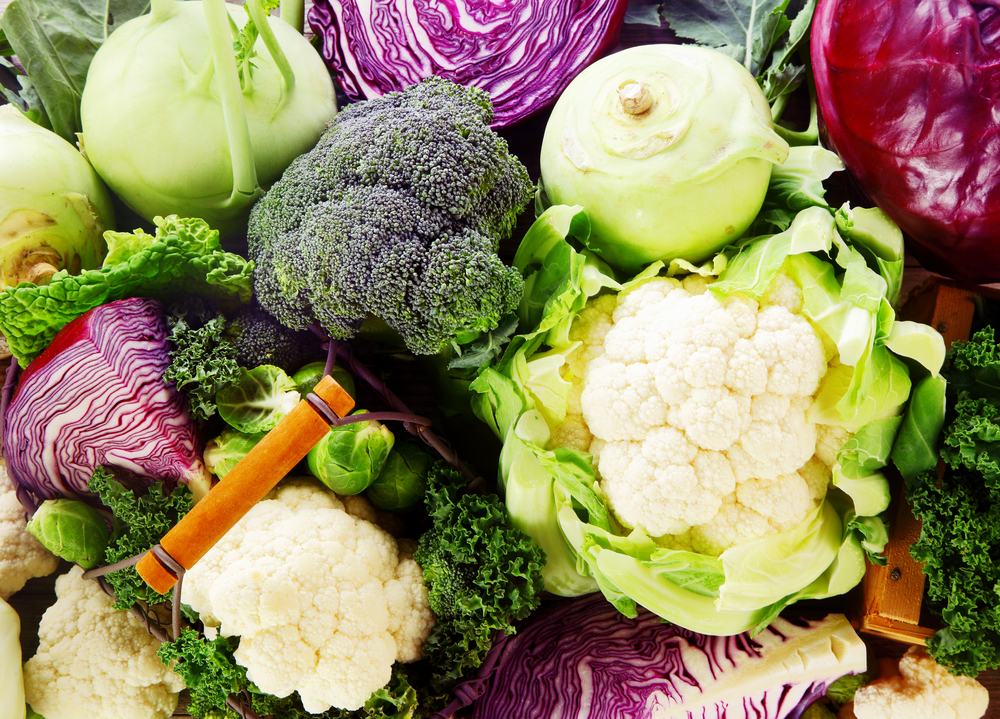
Sulfur is an extremely important mineral for our body, it helps with a lot of processes including joint health and preserving cartilage. A big role of sulfur is lowering inflammation, we have talked about with the effectiveness of an anti-inflammatory diet in mitigating symptoms and sulphur plays a similar role. Sulphur helps to prevent the degradation and the breakdown of cartilage which is absolutely vital as we are trying to rebuild it and make our joints healthy and strong.
N-acetyl cysteine (NAC) is a sulfur-containing amino acid that has been shown to help promote collagen synthesis within joints.[3] There are other benefits to NAC like the production of glutathione the king of antioxidants in the body so eating foods that are high in NAC has many benefits!
Some great sources of sulfur are broccoli, cauliflower, Brussels sprouts, eggs, onions, and garlic.
Vitamin C Foods:

There are many amazing things that vitamin C can help with the body, including helping with collagen synthesis.[4] Collagen is found in our cartilage which means if we synthesize collagen then we can produce more cartilage in our joints. Vitamin C has been shown to raise collagen synthesis quite dramatically so eating high food sources can be very useful to our joint health. Some great sources of vitamin C are limes, lemons, kiwis, berries, oranges, and red peppers.
Bone Broth:
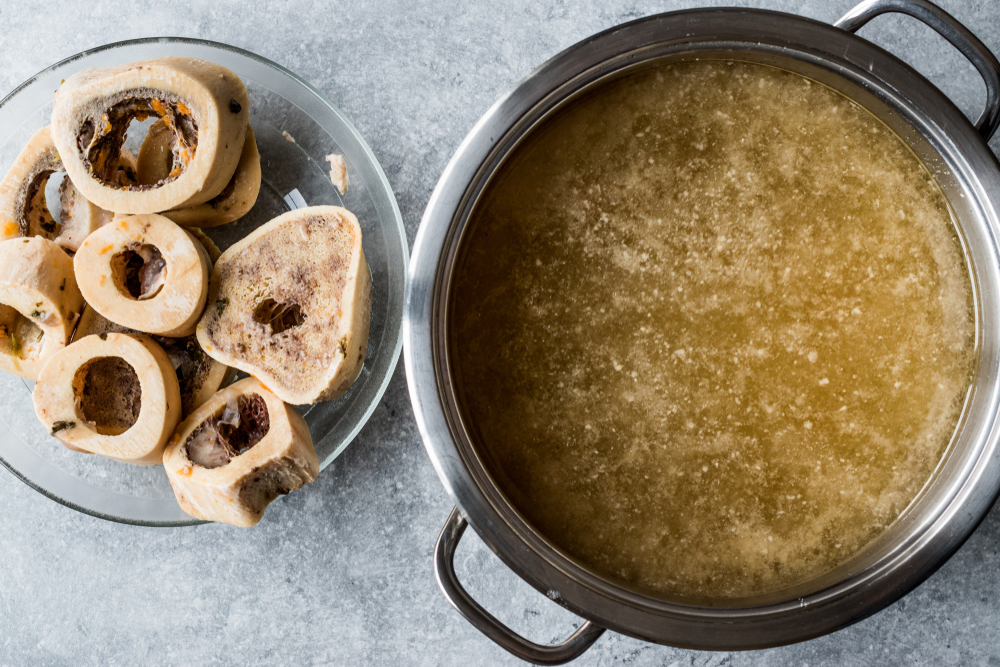
A big trend these days is drinking bone broth and unlike some other trends, this one has validity behind it. Bone broth is high in collagen which helps with joints, it is also high in many amino acids like proline, lysine, and glutamine all of which are extremely useful at healing within the body. Bone broth can be a great way to help our joints and our bodies feel better! A big thing with bone broth is making sure it is coming from a good source like organic and pasture-raised animals.
Read More: 10 Nutritious Foods to Improve Joint Health and Help With Joint Pain Relief
Vitamin D-containing foods:
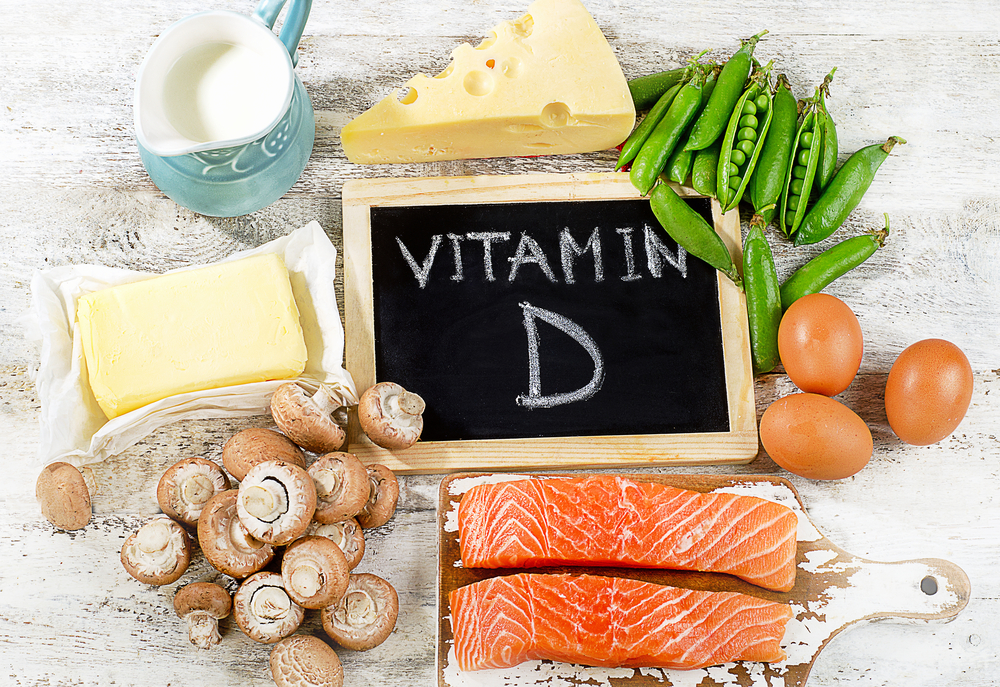
The best source of vitamin D is sunshine but we can also get vitamin D from some foods like fatty fish, beef liver, and eggs. When vitamin D binds to vitamin D receptors it triggers growth in chondrocytes and they help with the formation of cartilage.[5] Therefore, by having good levels of vitamin D we help with the formation of cartilage within the joints. More studies are needed in order to show this definitively but having sufficient vitamin D is important for many reasons. Good levels of vitamin D have been shown to be vital for not only feeling great physically but also mentally as well. The best source of vitamin D doesn’t come from food but actually the sun so to get some sun exposure each day to help top up your levels of vitamin D.
In Summary…
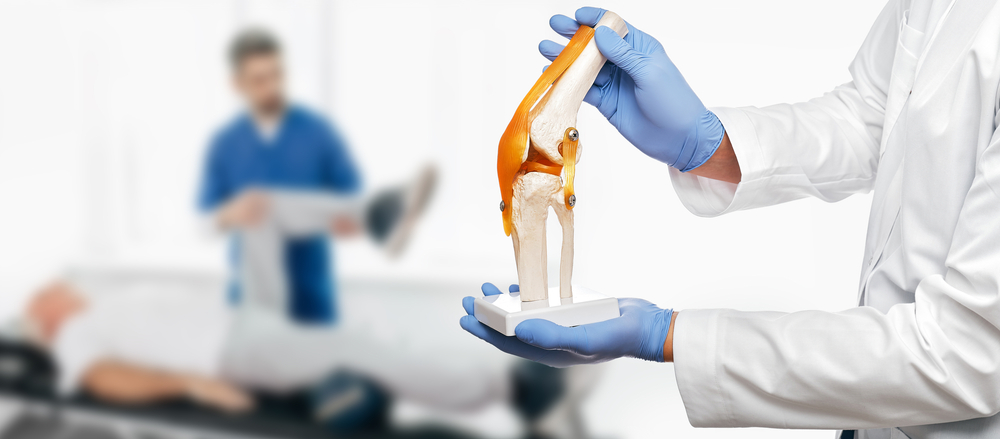
The human body has an incredible ability to heal itself and regenerate but we need to provide the building blocks in order for this to take place, like those described in this article to help with the growth of cartilage within our joints. Each one of these nutrients can be found in food sources or they can also be taken in supplement form as well. Supplement form can be useful to get therapeutic dosages if levels are extremely depleted within the body. If levels are just simply a bit low then eating the right foods is enough to help right the ship.
As we discussed lowering inflammation is extremely important for mitigating symptoms of osteoarthritis and helping to build new cartilage so having a low-inflammatory diet and integrating foods high in the nutrients that build cartilage is a great path forward. This type of diet can also be done in conjunction with other therapies to help improve their efficacy. Our bodies want to be healthy, strong, and vital we just need to give them the tools to get there!
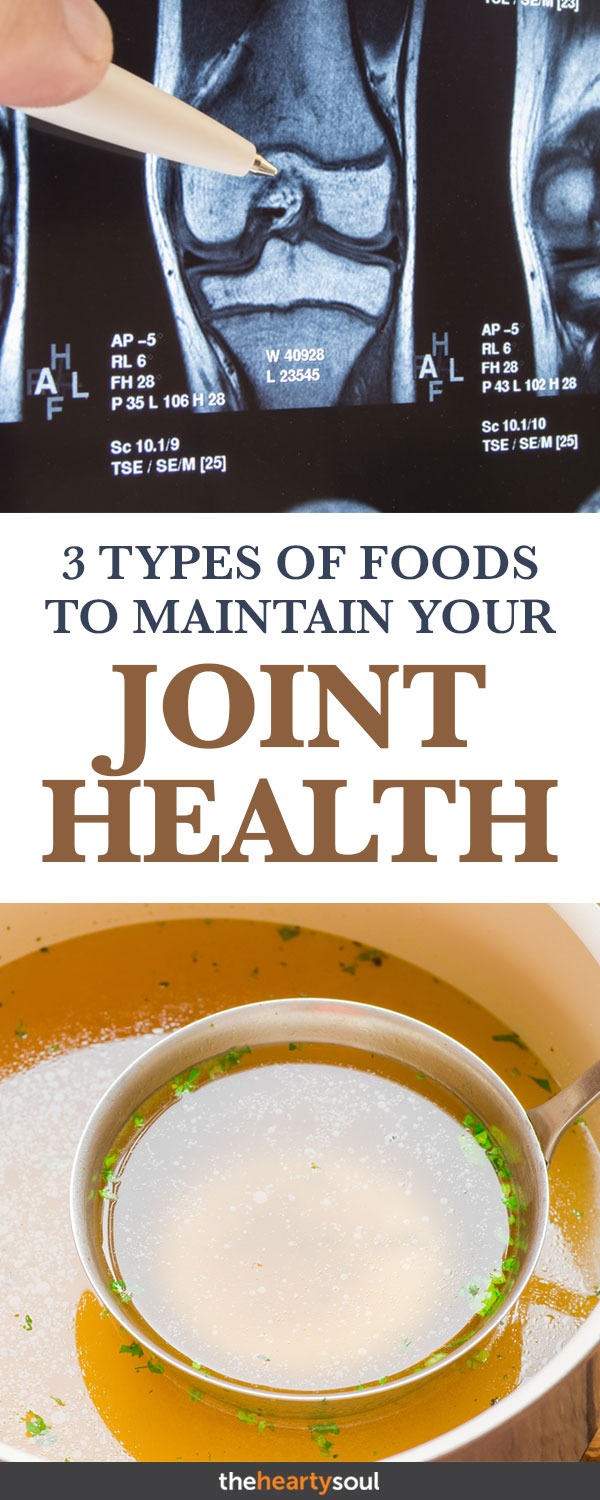
Read More: The Painkilling Cayenne Cream Recipe That Anyone With Stiff Joints or Sore Muscles Needs to Try
Sources
- [1] Yuging Zhang and Joanne M. Jordan. Epidemiology of Osteoarthritis. Clinics in Geriatric Medicine. Aug 2010; 26 (3): 355-369.
- [2] https://www.merckmanuals.com/en-ca/professional/musculoskeletal-and-connective-tissue-disorders/joint-disorders/osteoarthritis-oa
- [3] Riegger J, et al. Striking a new path in reducing cartilage breakdown combination of antioxidative therapy and chondroanabolic stimulation after blunt cartilage trauma. Journal of cellular and molecular medicine. Jan 2018; 22 (1): 77-78.
- [4] S Murad, et al. Regulation of collagen synthesis by ascorbic acid. PNAS. May 1981; 78 (5): 2879-2882.
- [5] Garfinkel, Rachel, et al. Vitamin D and its effects on articular cartilage and osteoarthritis. Orthopaedic Journal of Sports Medicine. Jun 2017; 5 (6)
